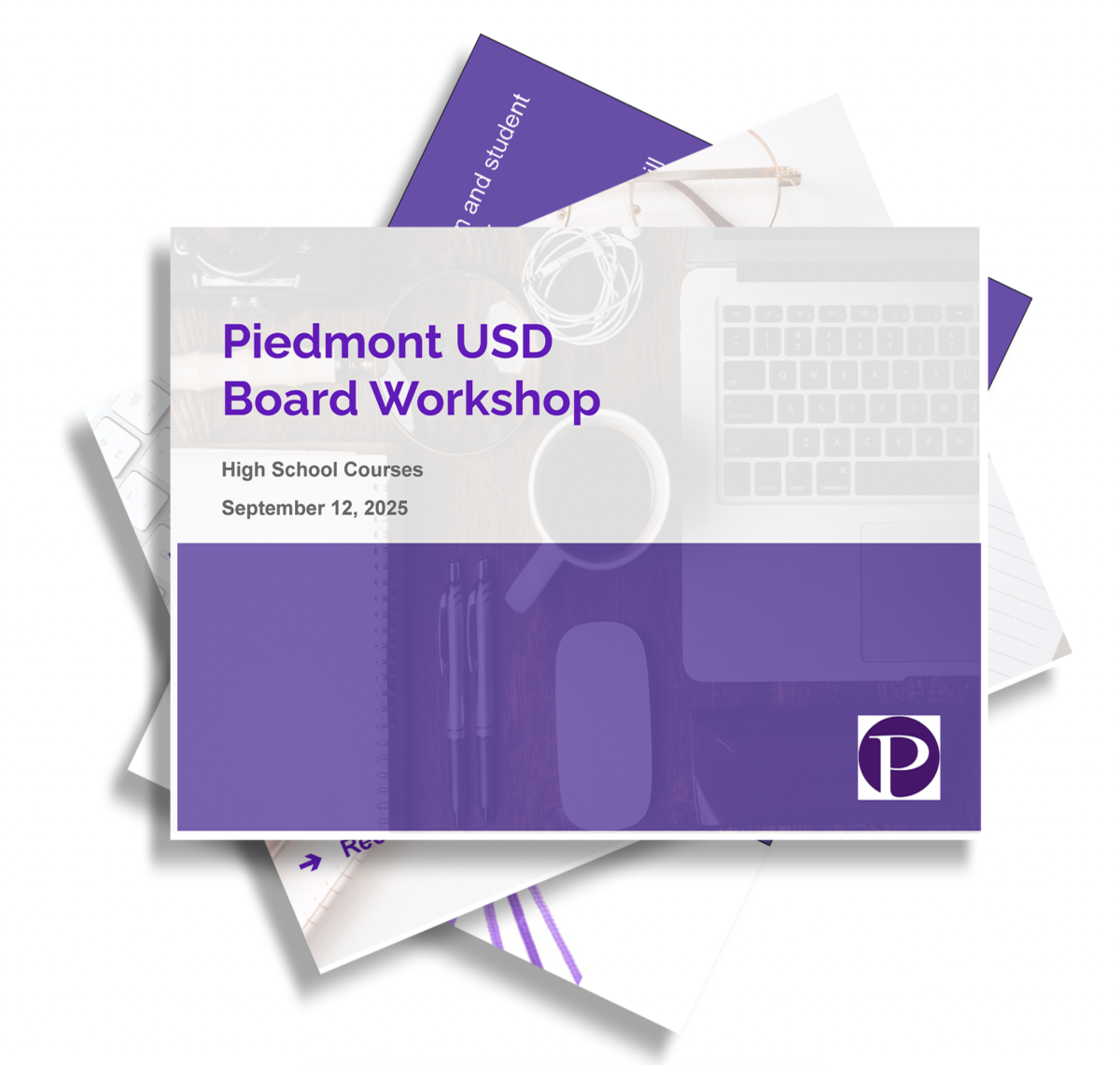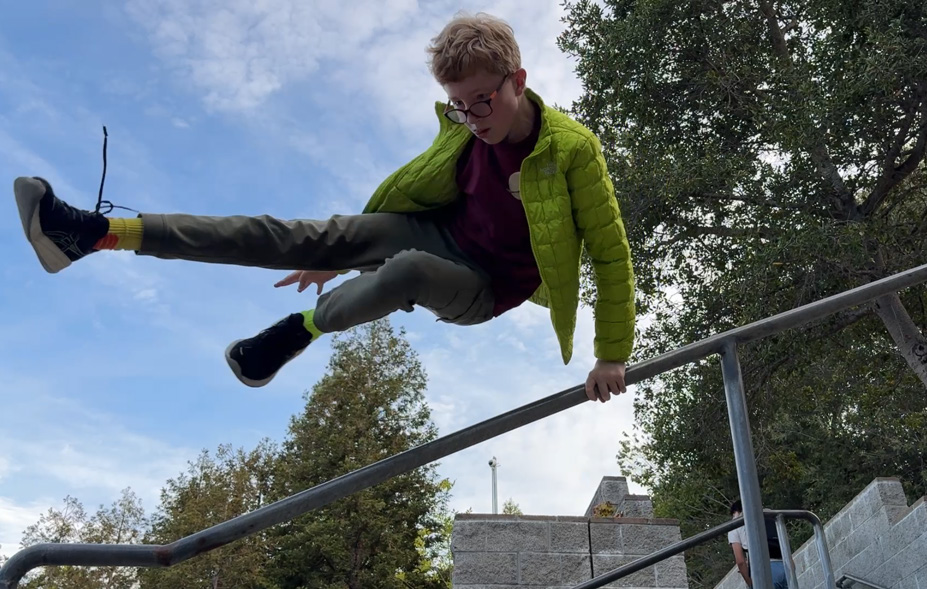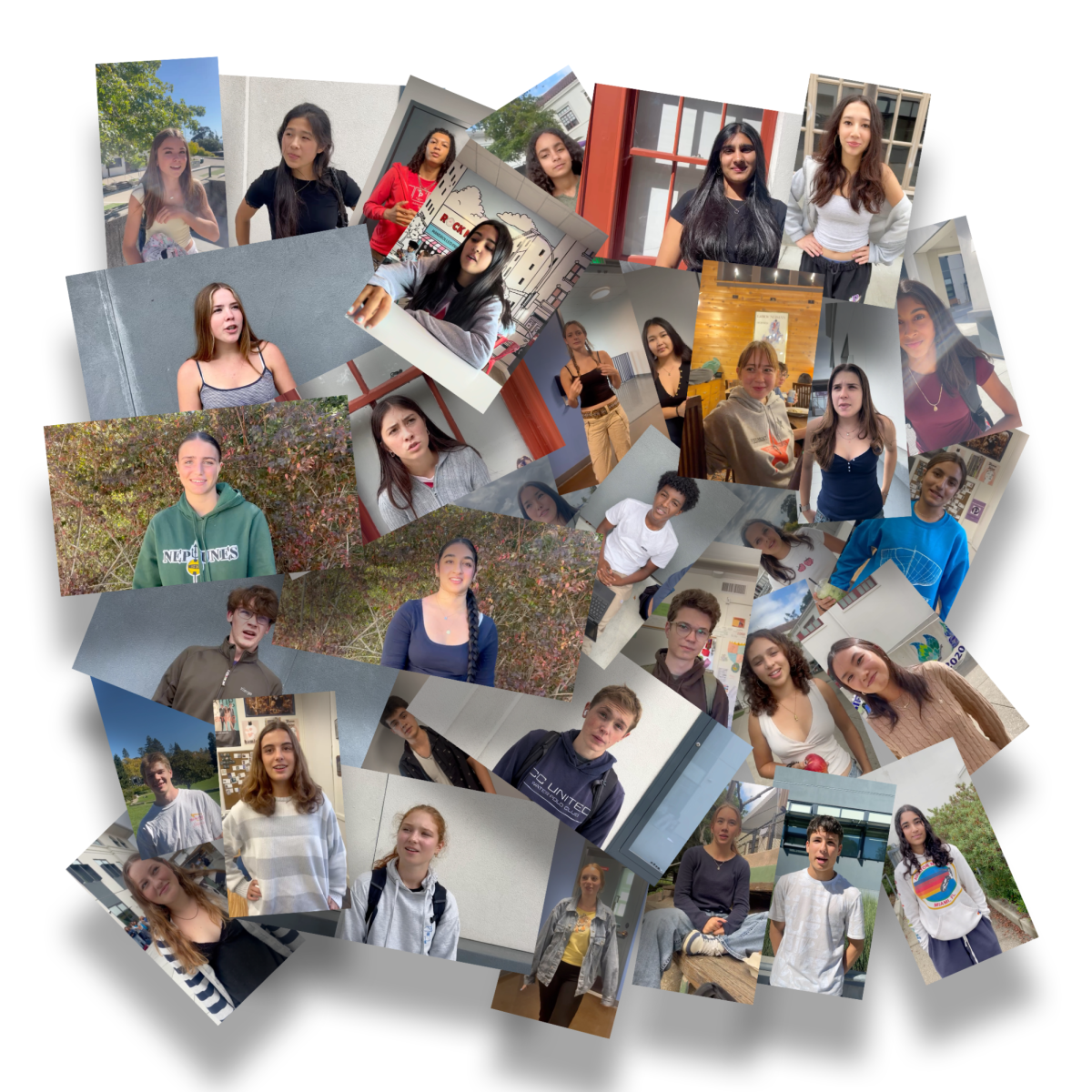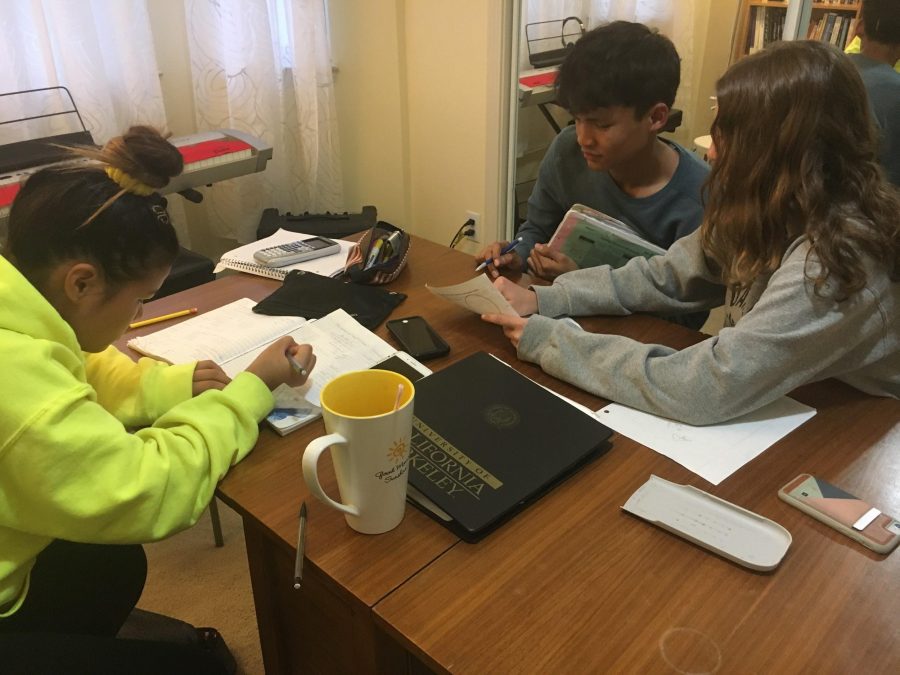Kids run through the crowded house with smiles outlining the orange slices trapped in between their teeth. Trying to focus, others work away at their times tables or history assignments. Shouts in both Burmese and English ring across the hall. Yes, it may seem like chaos, but for pediatrician Joan Jeung and professor Russell Jeung, this is just a normal Thursday night.
With the help of the Piedmont Community Service Crew, the Jeung family holds a study hall every Thursday night for dozens of Burmese refugee students, Joan said. Students come to their house where they are met with tutors from the service crew who are on hand to help them with anything they need.
“We have always been really involved with helping out refugee groups in our community because of Russell’s work,” Joan said. “We got involved with Burmese groups initially when we visited refugee camps ourselves on the border.”
Once refugees come to the United States, they are given six months of federal aid, after which, they are left out to dry, Joan said. Those six months of help are not enough for these families that need to completely adapt to the American lifestyle.
“Kids come here without any formal education,” Joan said. “They didn’t know what a refrigerator was. In the summer they would stand by it with the door open and use it as air-conditioning.”
Despite this, with proper help and support, these refugees become Americanized pretty quickly, Joan said.
Oakland High School sophomore and Burmese refugee Paw Wan said that she has lived in America for five years now.
“I’ve come [to the tutoring sessions] pretty much every Thursday,” Wan said. “I’ve started to make friends with the people from Piedmont that come here.” 
Crew advisor Ken Li said that Piedmont students initially got involved in these tutoring sessions the same way that the Crew gets involved in most of their community service projects.
“Anybody can find community service to do online to just kind of fill in their required hours,” Li said. “The Crew looks for groups where we can come in and add value, take ownership and add some creative value to what we are doing.”
Once they get involved with an organization and start to add value as a group, that organization then refers them to another one and so on. With these referrals, the Crew’s reputation grows as people who are great to bring on board to help with projects, Li said.
“Through this network, I was asked if we could help out a couple who happened to be tutoring Burmese refugees in the area,” Li said. “Initially I was skeptical because when I think of tutoring, I think of one-on-one sessions where there is not a whole lot of an opportunity to build a sense of community.”
Despite his concerns, Li and the crew decided to give the tutoring a try, he said. They approached it like their other service ventures by trying to create a real sense of purpose and community in what they were doing.
“What we found is that once people actually go and experience the tutoring, it is nothing like they have ever done before,” Li said. “You are there to help out and be a friend to people who don’t come from the same upbringing that you do.”
Li said that this really builds a bond between the fellow Crew members that go each week, as well as a bond with the group of kids they are tutoring.
This bond has sparked the Crew to do things that are not just tutoring with these refugees.
“During the holidays we have a party with them, we celebrate Halloween with them, sometimes we make pizza with them,” Li said.
It is these things that turn tutoring into something much more meaningful, Li said.
“It is a real community, you just need to go and experience it,” Li said.






























